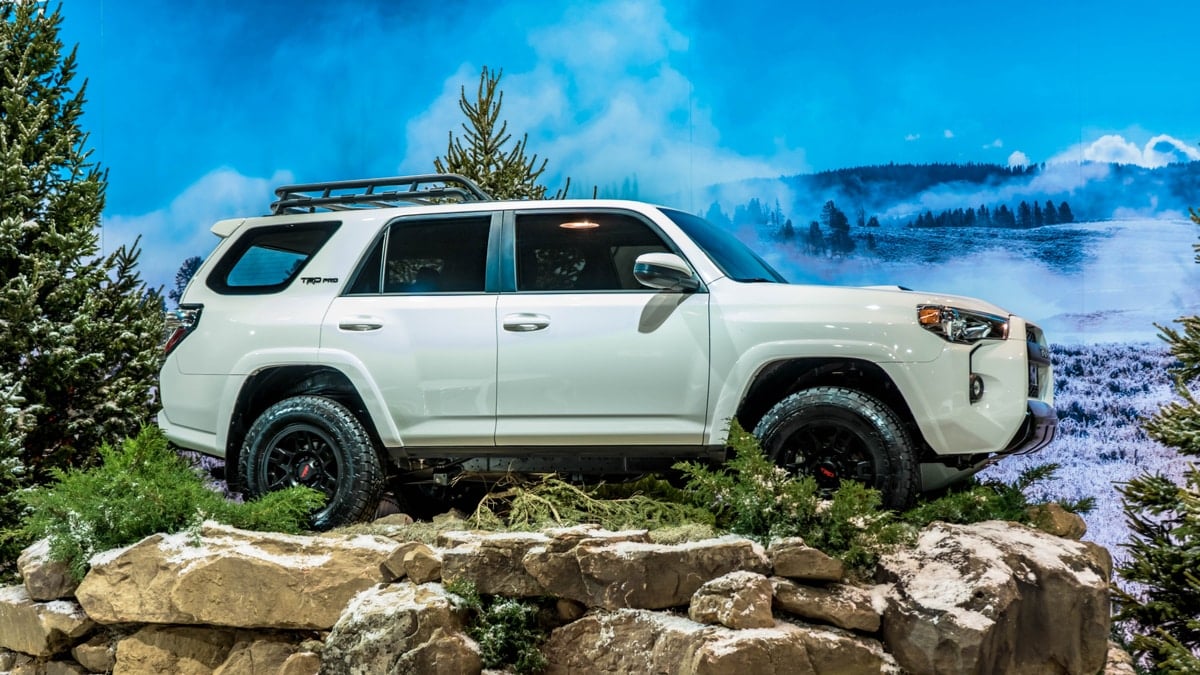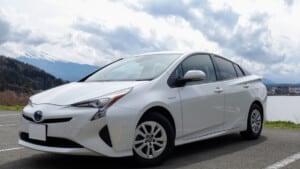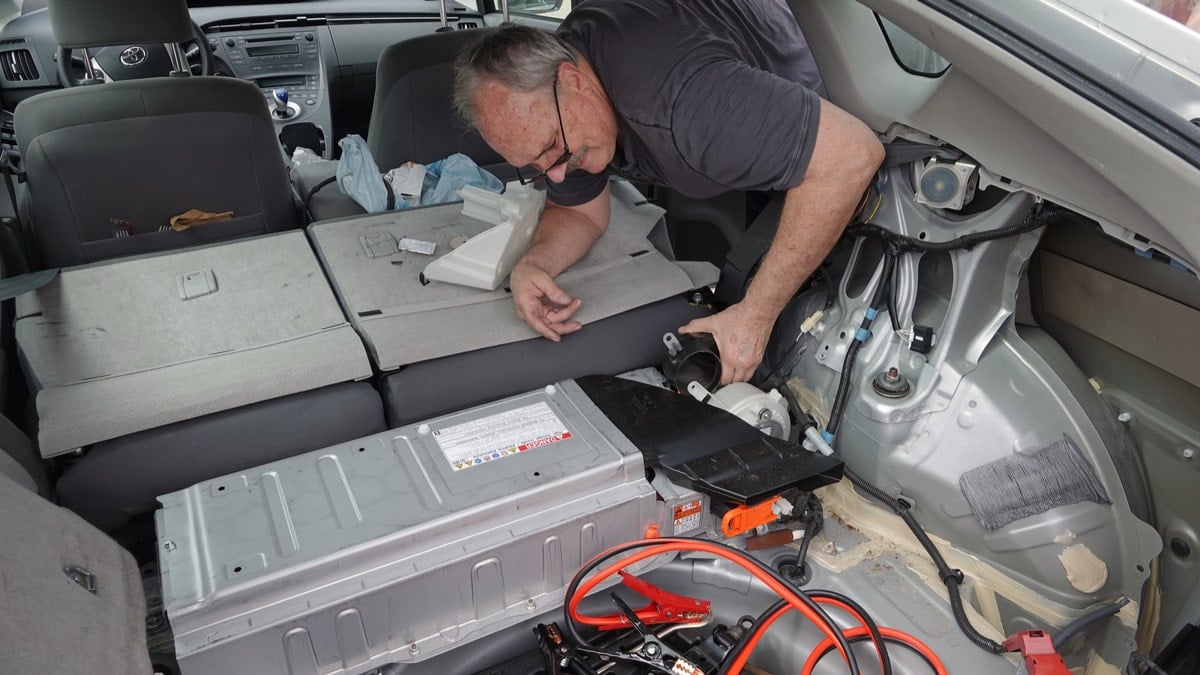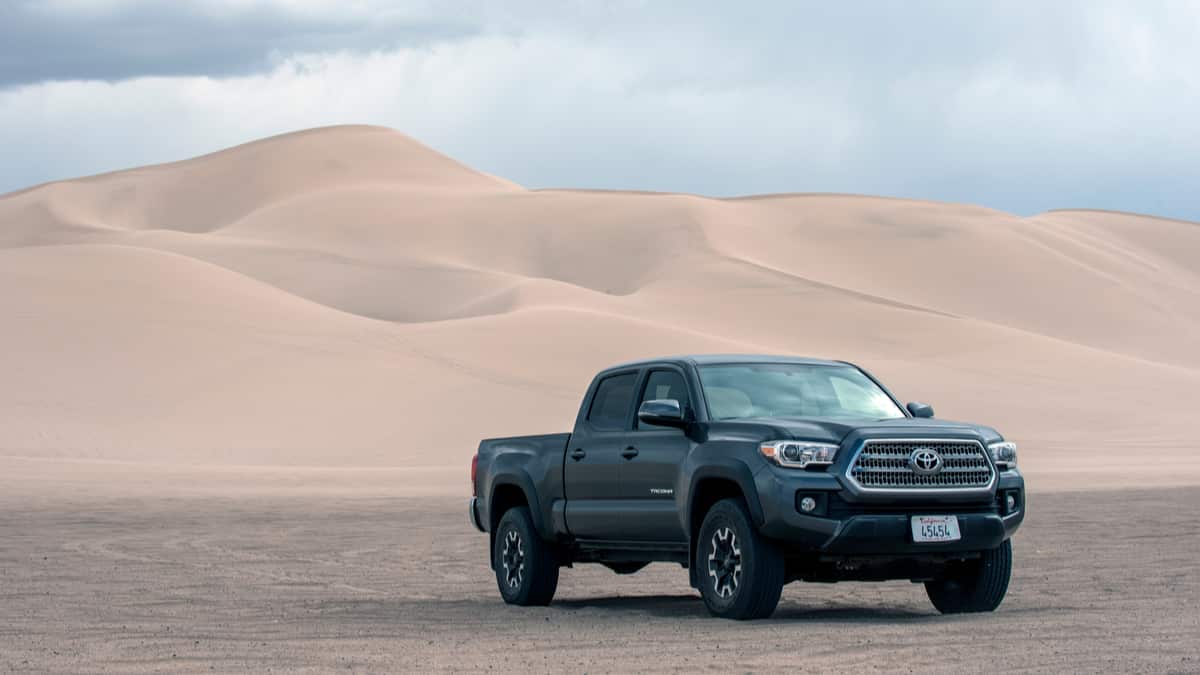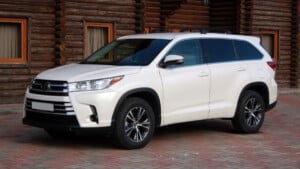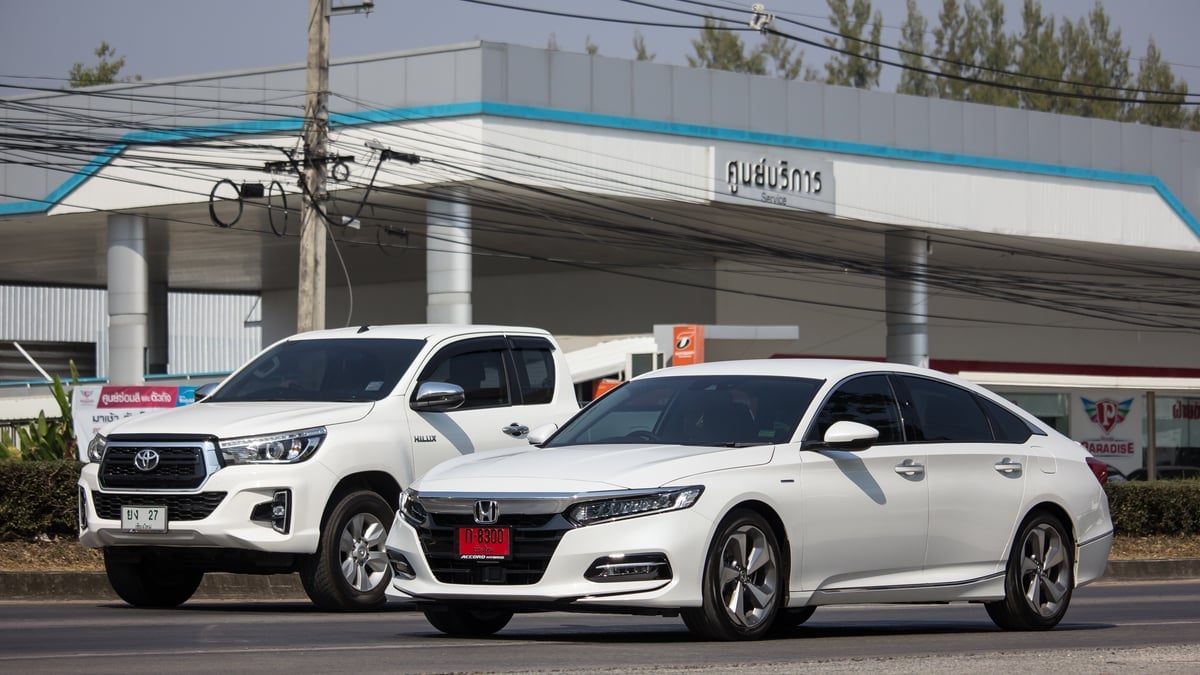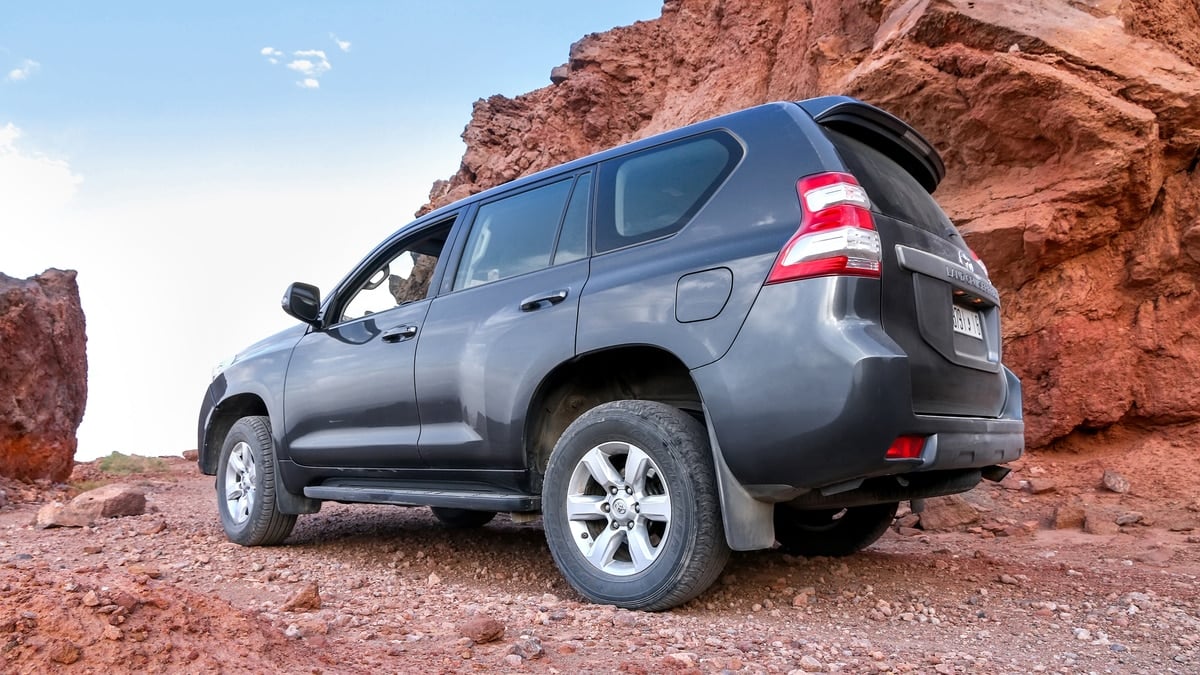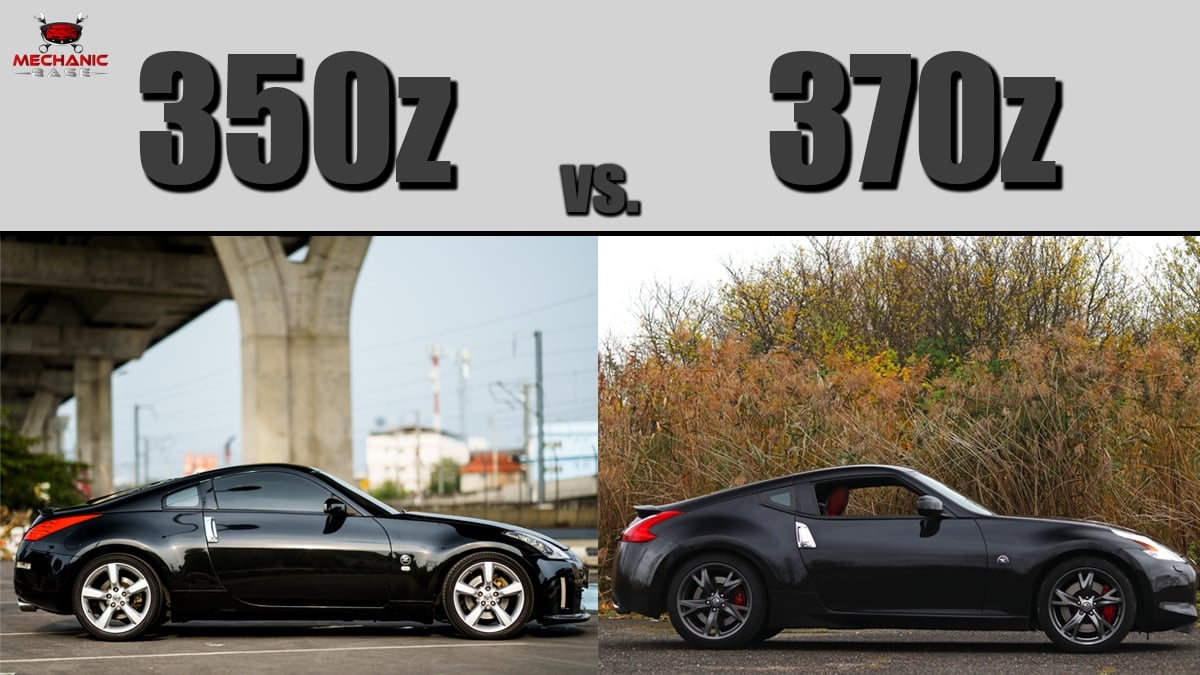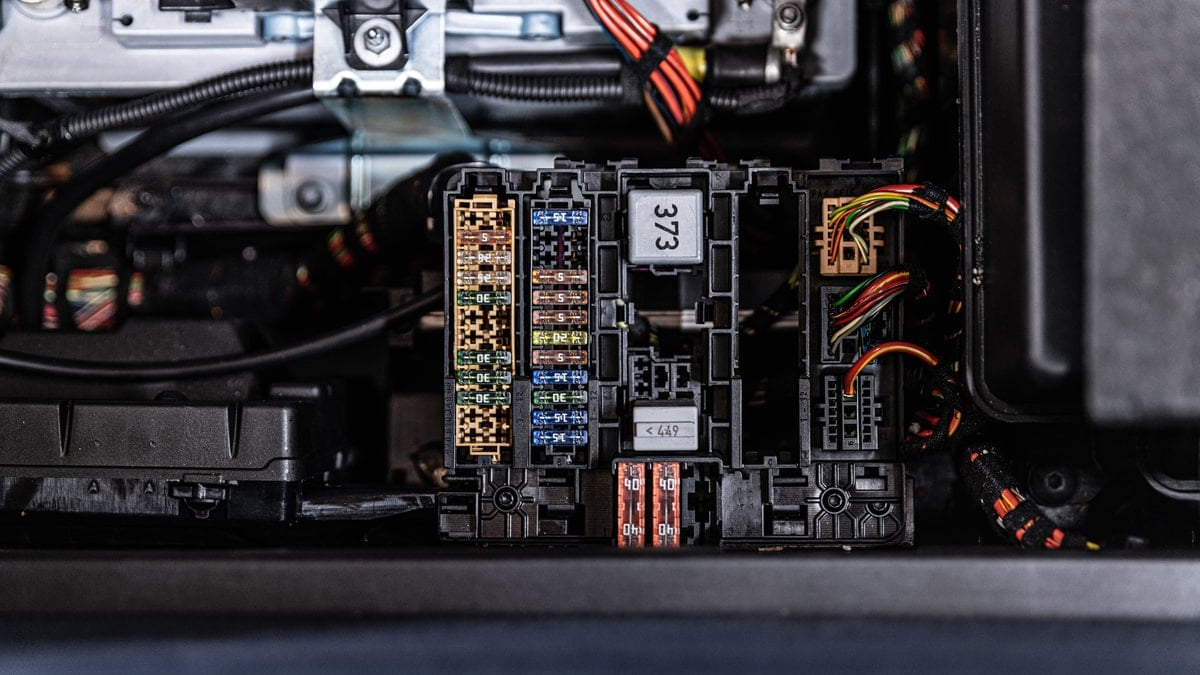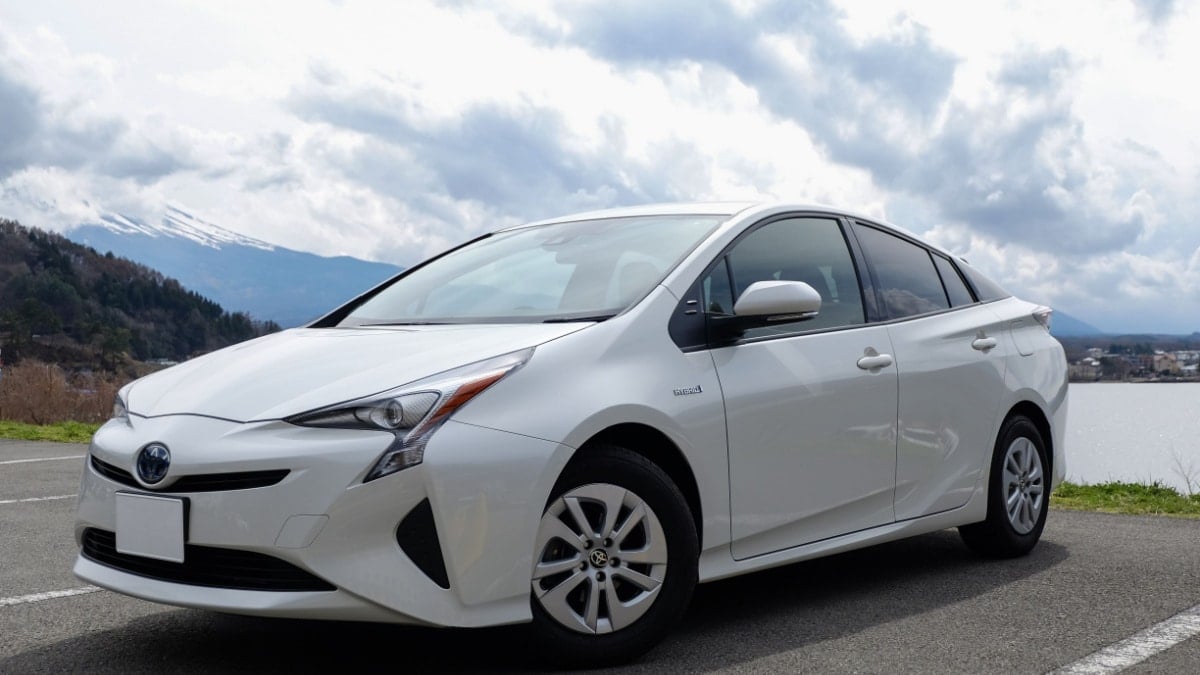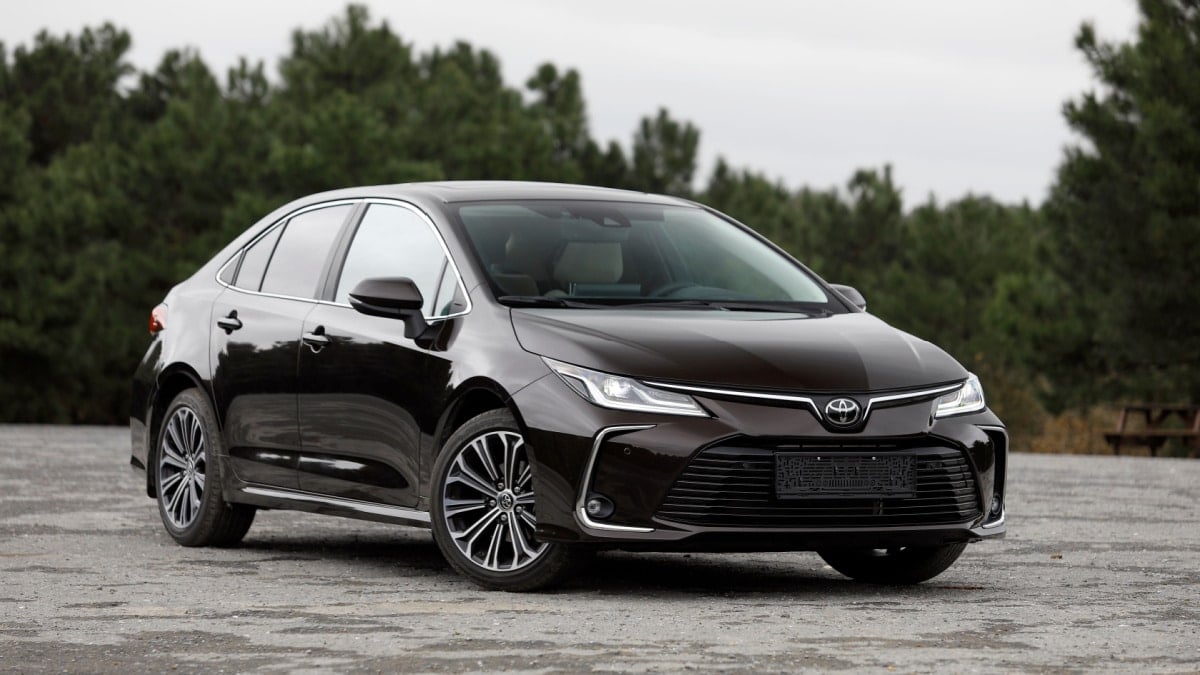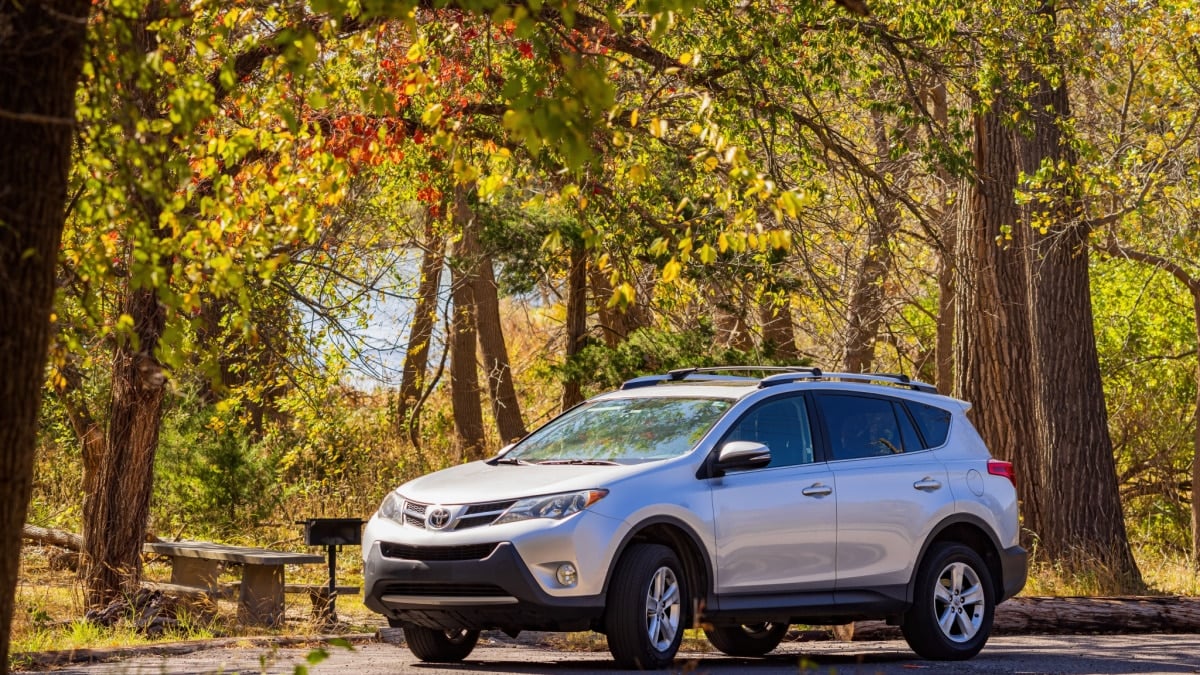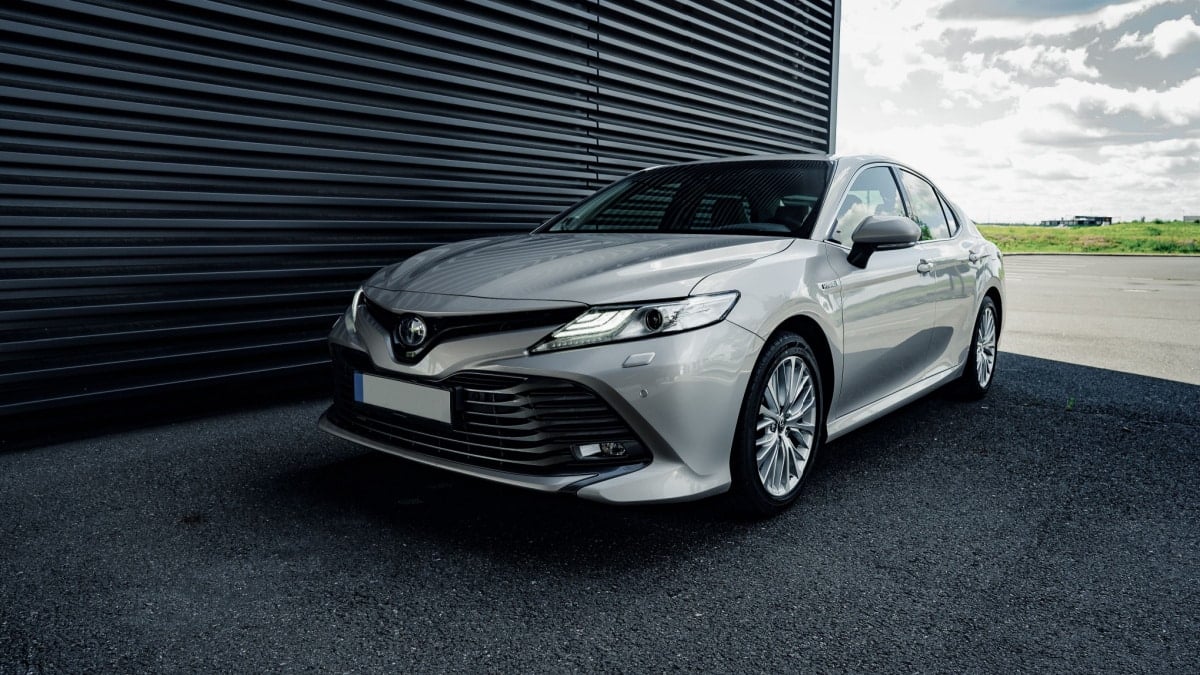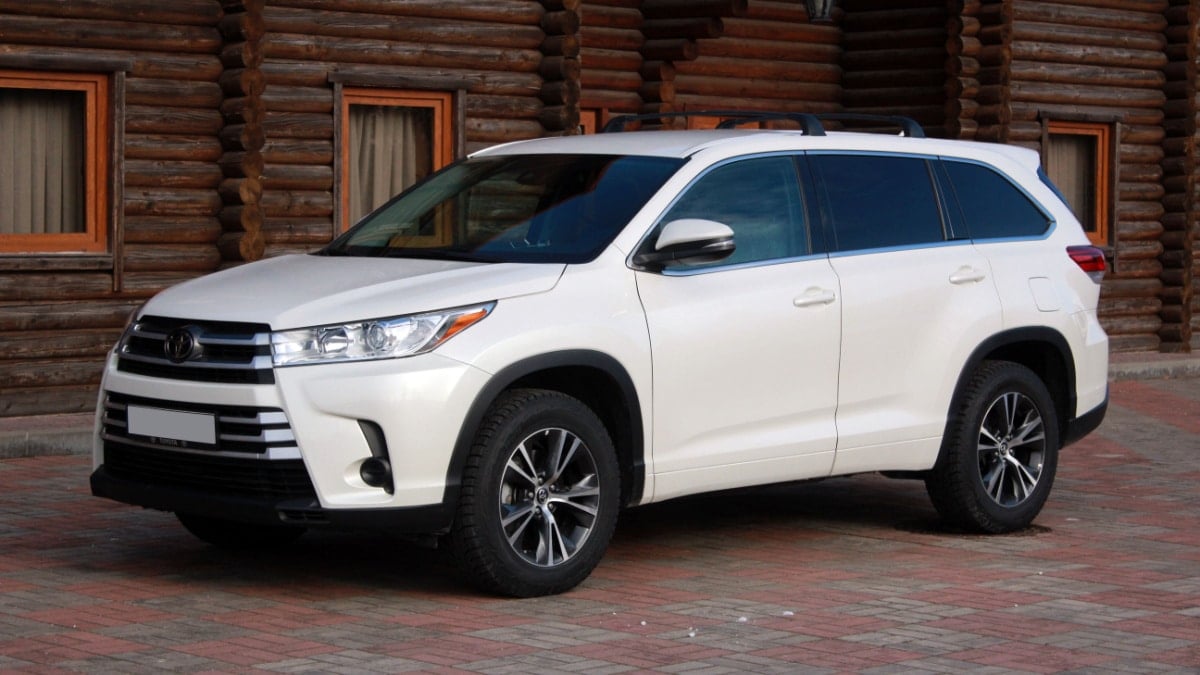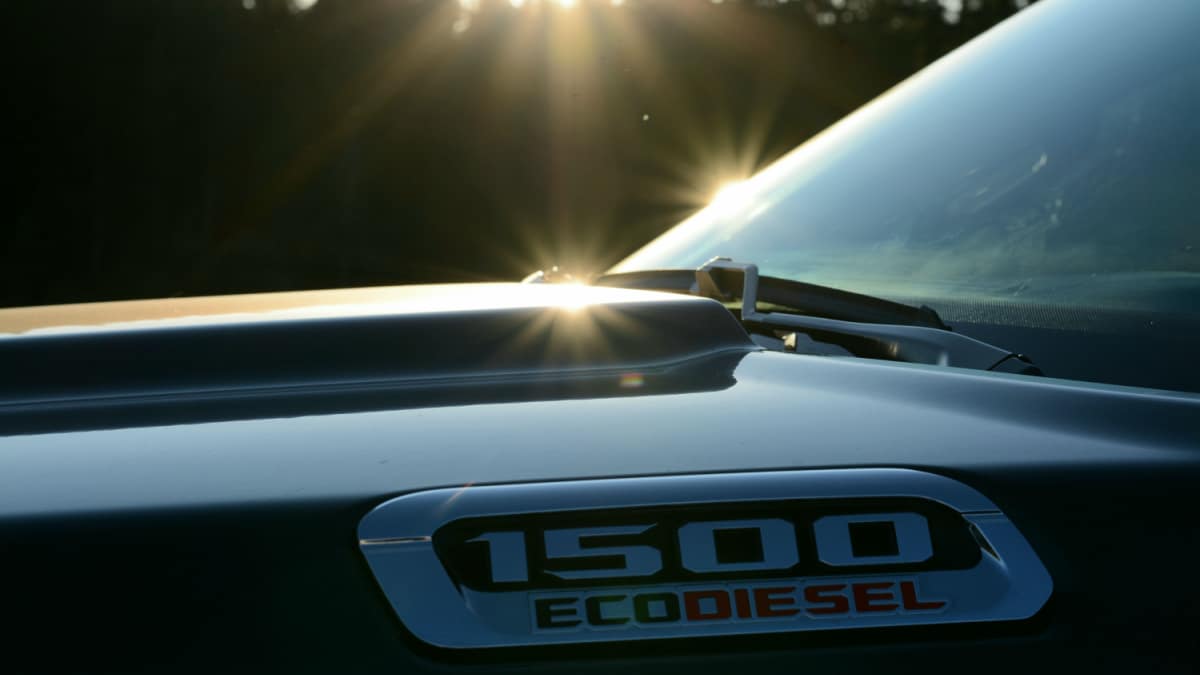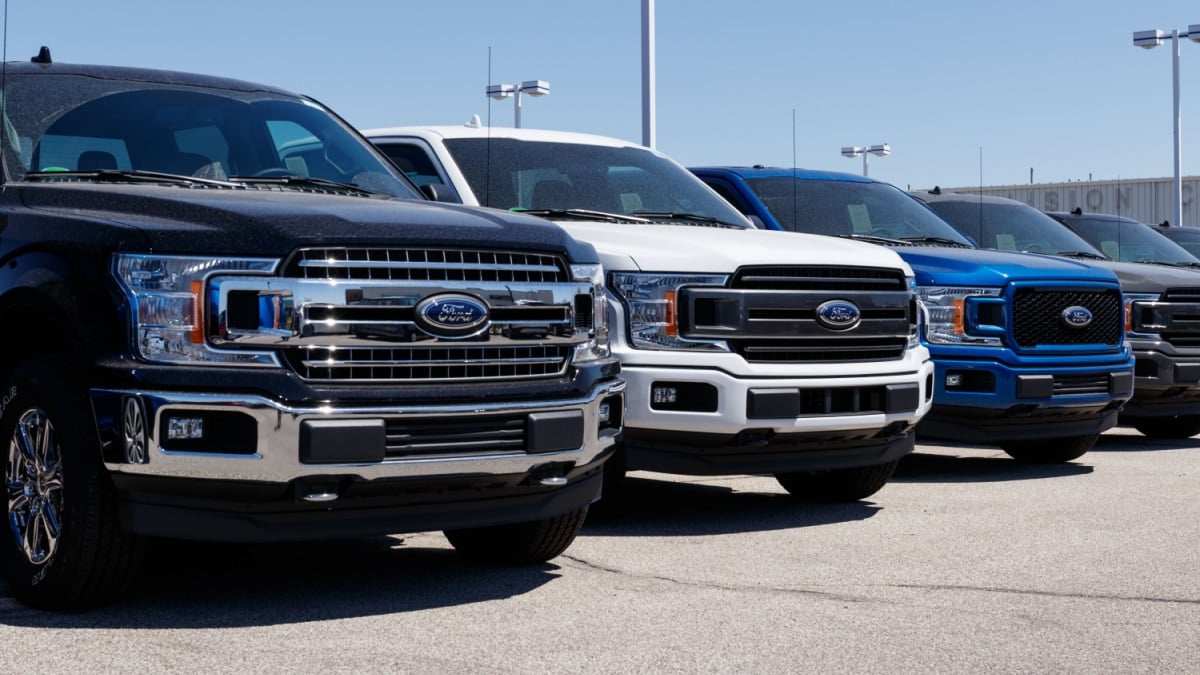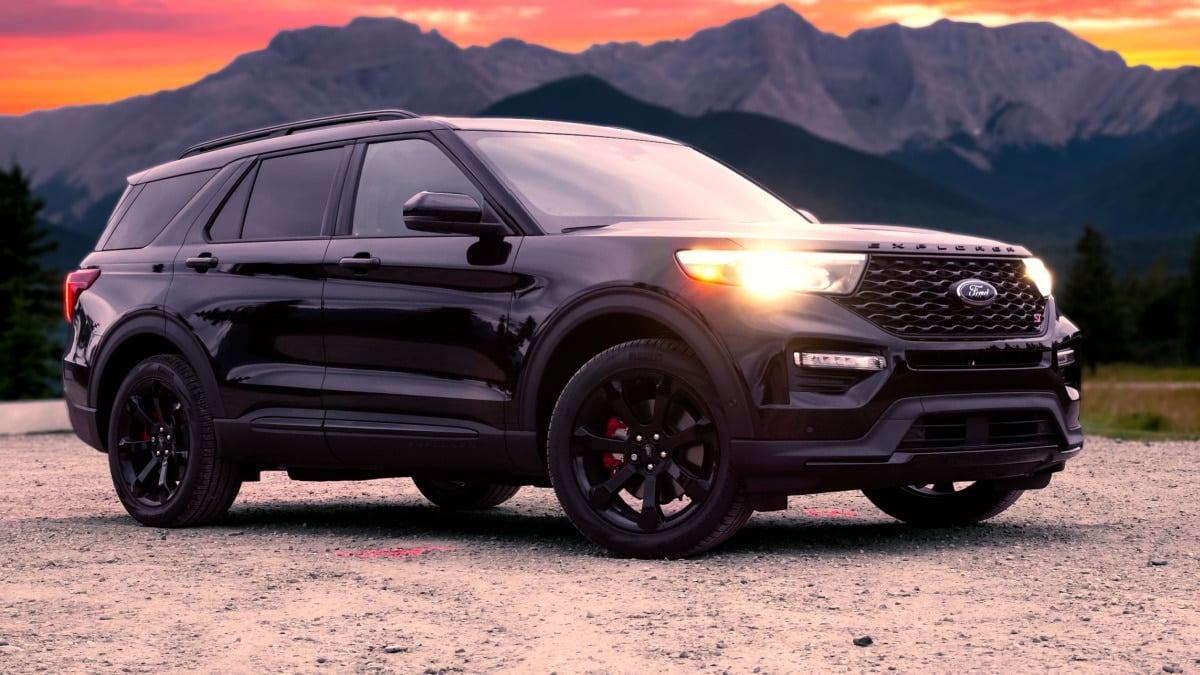The Toyota 4Runner is a top SUV with a popular following among midsize SUV enthusiasts. Just like with any vehicle, there are some model years that are better built than others, making them a better option if you are searching for a used SUV. What are the best and worst years for the Toyota 4Runner, so you can avoid problems?
The best Toyota 4Runner model is usually rated as the 2017, with the 2009 and 2000 Toyota 4Runner following closely behind. On the other hand, it’s best to avoid the 2015 Toyota 4Runner, as well as the 2003-2005 and 2001-2002 Toyota 4Runners.
I look closer at each of these models to show you what makes each one a top choice or a dud. I also examine the top 4Runner complaints throughout the years.
Best Years for the Toyota 4Runner
1. 2017 Toyota 4Runner
The fifth-generation 4Runner has been around for many years, but none in the lineup are as exceptional as the 2017. This model comes equipped with a 270-horsepower 4.0-liter V6 engine that makes every drive more exciting.
On top of that, the NHTSA safety ratings show it’s a reliable vehicle worth taking your family in. The crash test ratings show you will be well protected if an accident should occur.
2. 2009 Toyota 4Runner
At the start of the fourth generation, the 4Runner became more functional than previous models. It also features a sportier package that is great for heading off-road. However, if you want to stay planted on the pavement, you will find the functionality is spot on for a stellar ride.
There are two engine options to choose from, and both are impressive. There’s a 245-horsepower 4.0-liter V6 or a mightier 265-horsepower 4.7-liter V8 engine available. With either motor, you can tow with ease, making trips to the lake or campground a family affair.
3. 2000 Toyota 4Runner
If you are looking for a cheaper used 4Runner, the 2000 model year is our top choice. Considering that 750,000 models were sold from this generation, you shouldn’t have trouble finding them near you.
While these don’t have the same powerful engines as the model above, there are still some options. You can pick the 150-horsepower 2.7-liter four-cylinder or the 183-horsepower 3.4-liter V6 instead. Either option ensures a smooth ride and a fun time for less money.
Worst Years for the Toyota 4Runner
1. 2015 Toyota 4Runner
Across the board, the 2015 Toyota 4Runner is rated as the worst overall. The top issue is a faulty infotainment center. It doesn’t always work the way it should, with a lot of freezing and restarting. There are also troubles connecting to the Bluetooth, which makes it impossible to pair devices for convenience. While this might not seem like a big deal, it can become an annoyance.
If these were the only complaints, it might be possible to overlook the trouble. However, there’s more being complained about on the NHTSA website. The brake rotors also tend to warp unusually and there have been steering issues. Additionally, the ABS could fail, leaving people in danger.
2. 2003-2005 Toyota 4Runner
Everything between these model years should be avoided at all costs. These fourth-generation 4Runners didn’t fare well in safety ratings. The seats and head restraints weren’t optimal, leading to a higher chance of injury during an accident.
Plus, there have been more than four hundred complaints with the NHTSA, proving that customers are not satisfied. Among these complaints, customers are stating that the body rusts prematurely, the dashboard cracks and the head gasket fails. Adding all of these repairs together can lead to a much more costly SUV than you bargained for.
3. 2001-2002 Toyota 4Runner
Another round of 4Runners with poor crash test ratings is the 2001 and 2002. While you can find these cheap on the used market, they aren’t worth the low cost. The design crinkles easily in a crash, making them unreliable for your family.
Plus, these models earned about 250 complaints each, showing that customers aren’t pleased. These also suffer from body rust. Plus, the manual transmission and locking rear diff were removed during these years, making it less enjoyable to head off-road.
RELATED: Toyota Tacoma SR5 Vs. TRD – What Are The Differences?
Most Common Toyota 4Runner Problems
1. Faulty Automatic Transmission
It’s possible to deal with automatic transmission issues with any model between 1990 and 2016, although some are more reliable than others. In some cases, the SUV switches to the manual shifting mode on its own. It could also fail to shift at all, especially when it’s first put in Drive.
Some owners have complained that the powertrain fails to respond while driving, which can lead to a possible accident. In some cases, a new throttle position sensor might be required. Some owners had to replace it as early as 25,000 miles, while others were able to go 150,000 miles.
2. Defective Airbags
As you head down the road, you expect to have protection from the airbags. As a Toyota SUV, it’s easy to assume that this protection exists. After all, no one expects that a well-known brand such as Toyota would have a massive airbag failure, but it does.
Toyota recalled more than 900,000 vehicles for airbag failure alone. You can find it among several different model years, requiring a complete replacement. There are also models with faulty inflators, rendering the airbags useless. If the inflator is to blame, you also have to worry about the airbag exploding randomly, which is just as dangerous.
3. Body Rust/Corrosion
Most commonly, it’s the fourth-generation 4Runners that suffer from premature body rust and corrosion issues. Owners have noticed the corrosion in just a short time after purchasing the vehicle, with no resolution from Toyota.
There has also been corrosion of the suspension and frame, which goes beyond cosmetic issues. If these parts have to be replaced, you are looking at an extensive repair bill, one that you don’t want to deal with on a used 4Runner. For example, replacing rusted suspension parts on a 2005 4Runner could cost you $1,500 or more, especially if you need to pay a professional mechanic to handle the task.
4. Cracked Dashboard
While the 2004 Toyota 4Runner is known for having a cracked dashboard, it’s not the only one that suffers from this defect. There are also times when the dashboard material can start to melt and become sticky. This isn’t something that’s normal and it has no place in today’s modern lineups.
It all boils down to the sun’s UV rays and heat. Because of a poor design, the sun melts the dashboard. Whether it melts and cracks or simply becomes sticky, this shouldn’t be happening. Obviously, Toyota has used sub-par materials to build these 4Runner models.
However, this becomes more than just a cosmetic issue. When the dashboard begins to melt, the airbags could fail to deploy during a collision, which puts you at risk.
RELATED: Toyota 86 vs. Subaru BRZ – Differences (& Which is Better?)
What to Look for in a Used Toyota 4Runner
Knowing the common problems and the years that are best, you can be a smarter shopper as you examine used 4Runner models near you. Use this checklist the next time you are considering a used Toyota SUV.
- Rust: Examine the body and look for any signs of rust starting. You can also look at the undercarriage to see if anything is corroding.
- Transmission: During the test drive, push the 4Runner to its limits to see how the transmission responds. You want it to shift smoothly and promptly, without hesitation.
- Braking: In the same regard, you want to know if the brakes are working properly. Drive around in an empty parking lot, so you can push hard on the brakes to see how fast they respond. You also don’t want to hear any strange sounds or feel any weird vibrations.
- Off-Road Gear: If you are planning to take the 4Runner down the trail, you want to choose one of the models with the right equipment.
With a little time upfront, you can avoid problems down the road. Do your research into the particular model you are looking at and listen to your gut instincts. If something seems to be wrong, you should probably walk away from the deal.
READ MORE: Are Toyotas Good Cars? Are They Reliable?
Tags: Toyota
Categories: Market
